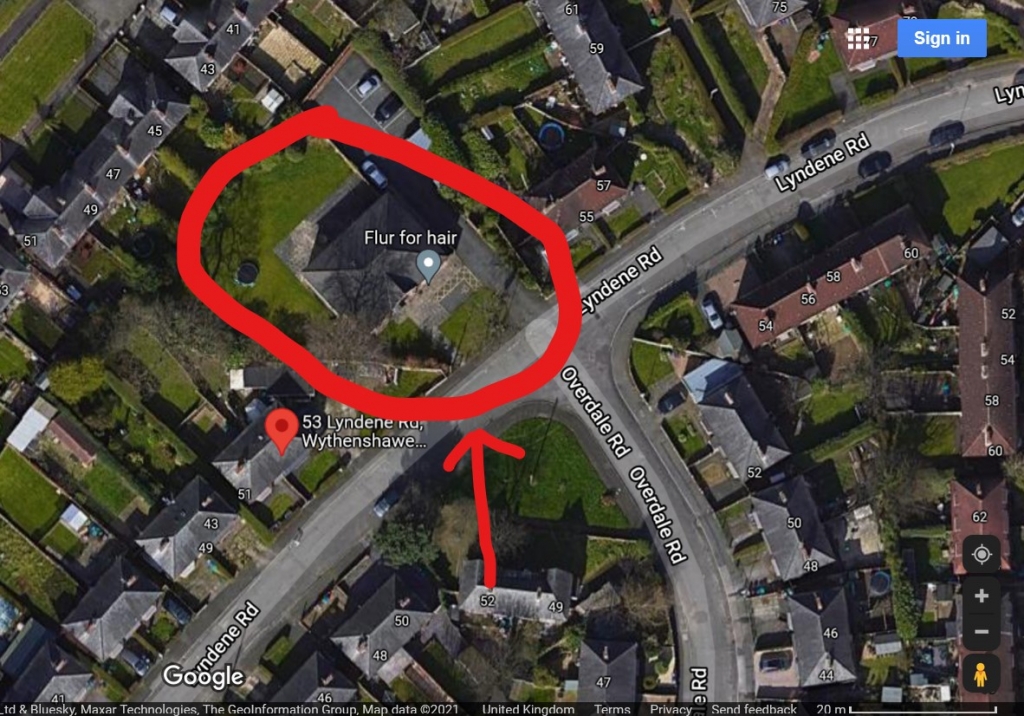Lyndene House* is a new, innovative short breaks and outreach support service benefiting children & young people with autism and/or learning disabilities. The service would particularly benefit children & young people who are on the edge of care.
We want a space that children and young people can enjoy, have fun, learn, let off steam and chill.
We equally want a space that parents, carers, siblings and visitors can enjoy spending time in.
If your child has learning disabilities and/or autism and you feel that you could share your ideas so all who use Lyndene House would benefit, please come along to work with us, Barnardo’s and Groundwork (the garden designer).
If you’re unable to attend but have ideas to share, please send us a message or email Elaine Woodward from Barnardo’s at elaine.woodward@barnardos.org.uk.
Additional Notes:
Safety Information:
As Lyndene House is currently still under development, we can only have adults in the space at present for safety.
Dietary Requirements:
We will serve light breakfast during the meeting. Please don’t forget to mention any dietary restrictions when you book your place.
Travel Reimbursement:
We can reimbursement you for travel costs to/from the session.
If you’re driving, we will cover petrol costs at a rate of 50p per mile.
If you’re taking public transportation, please keep your receipt(s), as we will require this when reimbursing your travel.
Parking Information:
It is possible to park immediately outside the building on the road or on nearby stretches of the road.
Please do not obstruct local residents’ parking.
* The service is currently known as Lyndene House but this will change following families’ involvement to rename it.
** When you enter the address on Google Maps, it shows the private home beside Lyndene House. Please note that our venue (53a) is the bigger property to the right of #53.
What does “edge of care” mean?
Edge of care refers to a situation where a child or young person is at risk of entering the looked after system
The aim of edge of care services is to prevent escalation of risk and to keep the child/ young person safely with their family and in their own community.



